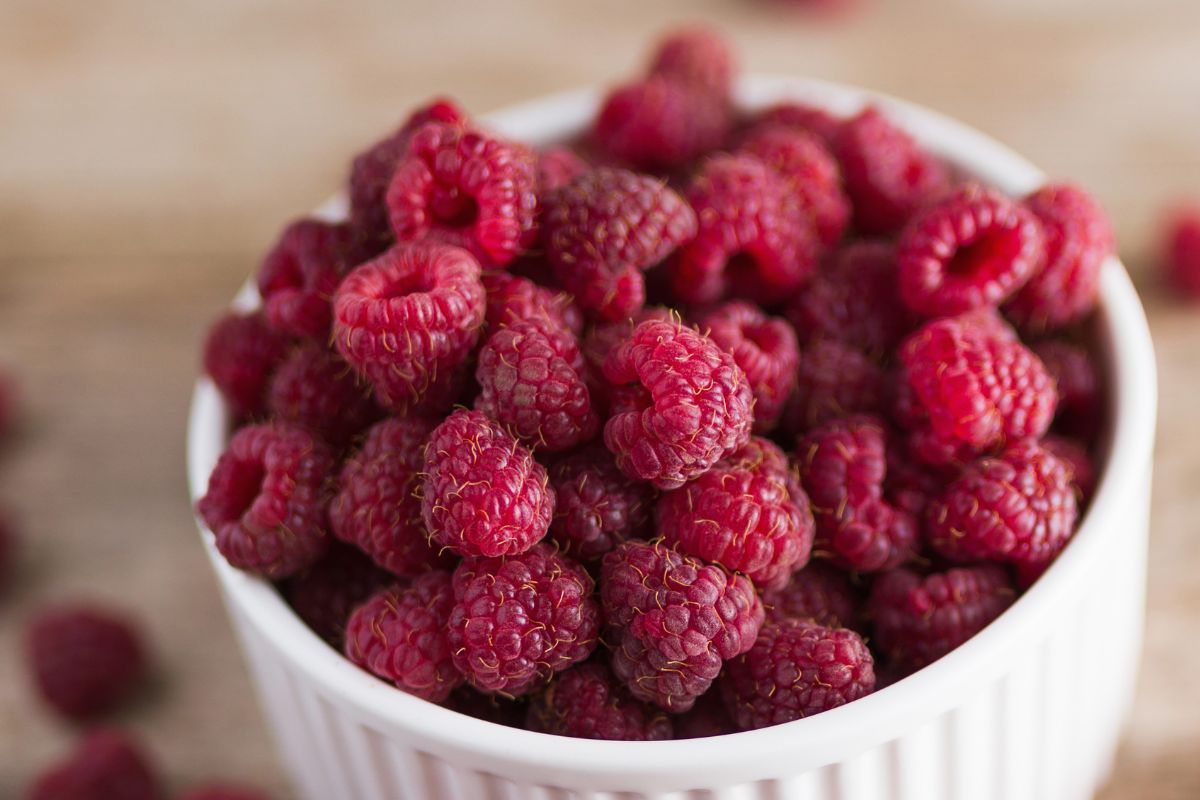
RASPBERRIES: DELICIOUS YET POTENTIALLY HARMFUL FOR SOME
Raspberries are not for everyone. This unfortunate truth should reach us before we make a colossal mistake with potentially unpleasant outcomes. Consider if you might belong to the group who should skip eating raspberries.
Raspberries are wild fruits renowned for their incredible health benefits. They boast vitamins, minerals, antioxidants, and, on top of all that, a divine taste with antibacterial properties and blood pressure-lowering effects. A perfect fruit? You could say that. But the adage about roses and thorns holds quite a bit of truth, as the example of raspberries unfortunately demonstrates all too well. There are contraindications to eating raspberries—few but significant—that we should take seriously to consider whether we might be among those who need to forgo indulging in these delicious fruits.
Raspberries — contraindications
What if someone told you that eating raspberries could be harmful? The initial reaction to such a remark might be obvious: an ostentatious tap to the forehead. However, it's worth taking this information in stride because even very healthy food products can, under certain conditions, negatively affect the human body.
The severe but short list of contraindications to eating raspberries starts with an allergy to these fruits. This allergy may manifest innocuously—such as a stomachache and mild hives—but ignoring it can ultimately lead to conditions as severe as bronchial asthma.
In what other cases should we avoid consuming raspberries? For instance, when following a low-potassium diet recommended by doctors for individuals suffering from kidney diseases. Raspberries are rich in this mineral—both an advantage and a disadvantage.
People with histamine and fructose intolerance and those affected by so-called diverticula of the large intestine should also avoid raspberries. These are bulges in the colon's wall where small raspberry seeds can get trapped, potentially causing severe inflammation. This also applies to strawberries and figs. People with intestinal diverticula should exercise caution and consume these fruits only when properly strained!
Read also:
Traditional blackcurrant jam: Simple recipe for summer's bounty
Beware the coffee cup: Three types of coffee to avoid for health
2024-07-01T23:52:22Z dg43tfdfdgfd